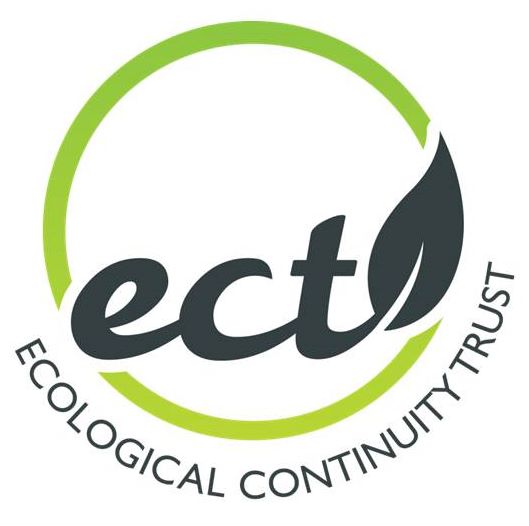Ecological evidence for action
By providing scientists and land-owners with financial, advocacy and management support, we ensure the continuation of long-term experiments. Find out more about how we do this by reading our Corporate Strategy.
Our impact lies in placing scientific evidence at the heart of policymaking which brings economical and societal benefits to scientists, land-owners, stakeholders and the public.
Our policymaking impact
We communicate the scientific evidence that comes from LTEs to our network and policymakers ensuring that it is used for policymaking. See the scientific evidence that have come from LTEs by viewing the publications. Join the LTE User Group which is our network group that stakeholders can join.
Our economical impact
The evidence has led to cost benefits for farmers, land-owners and the water industry.
Our societal impact
We communicate LTE evidence for education. Policy-led changes improves biodiversity, and ecosystem services which benefits the everyone’s well-being. Read about how we are using virtual reality for education.
From her podcast June 2021 on Thursley Common. Listen to Jill on Soundcloud.
“Long-term experiments are absolutely crucial for us to gain an understanding of the world around us... And if we are not measuring and asking questions in a continuous spectrum, then we will not be able to answer these questions, inform policy makers and how we live”
See five case studies from the ECT register of LTEs
Economic benefits of liming acidified grassland demonstrated through improved herbage yields
Societal benefits demonstrated through improved biodiversity
A ‘proving ground’ for the impacts of policies to reduce acid rain, manifest through improved biodiversity
Scientific benefits: Results demonstrated through molecular changes to plant reproduction and development traits in the face of climate change simulations
Societal benefits by communicating the science of LTEs through pioneering use of Virtual Reality (VR) headsets to bring the experiment to the public remotely
Societal benefits demonstrated through Defra-led policy changes which limit aerial nitrogen deposition to vulnerable habitats and ecosystems
Economic benefits gained through data relevance to nitrogen (ammonia) pollution from the chicken farming industry
Economic benefits to water utilities and consumers via cost savings realised through a better understanding of moorland management in a drinking water catchment
Societal benefits through Government intervention in the upland management of blanket bog, yielding improvements in habitat and associated ecosystem services
Scientific benefits: Results have shown the effectiveness of novel bracken control methods in upland grazing habitats
Economic benefits to landowners via contribution to a Defra Technical Advice Note which now forms the basis for bracken control/upland restoration throughout Great Britain
Societal benefits demonstrated through improvement in biodiversity








